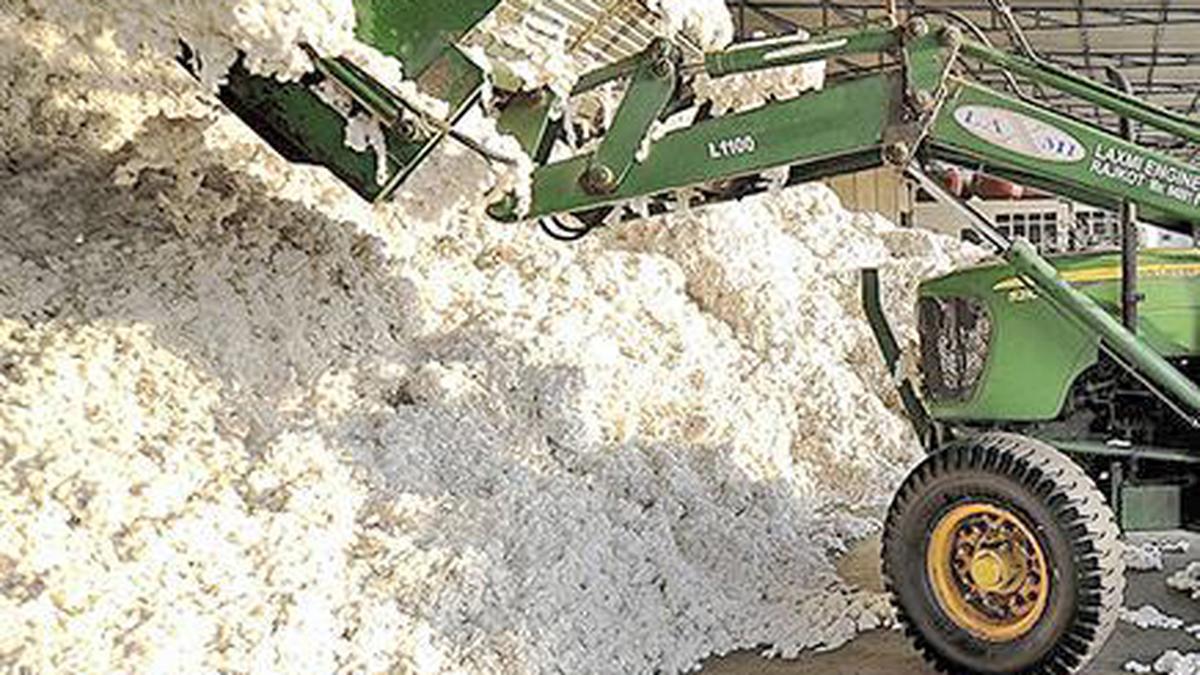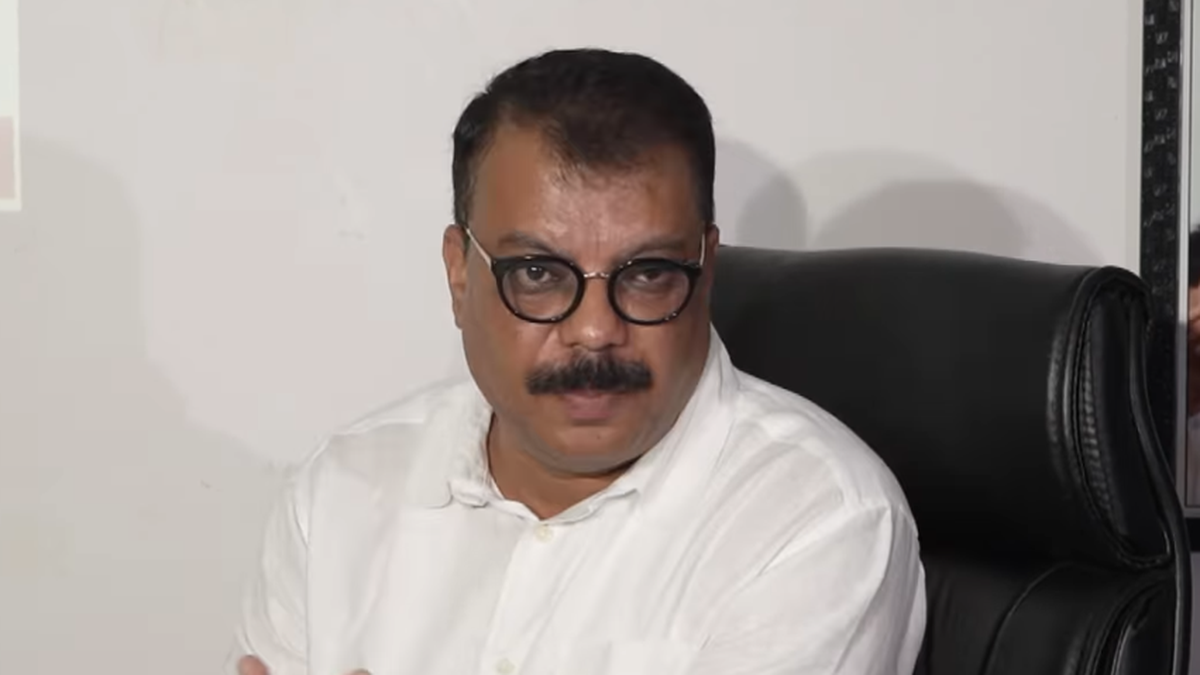Now Reading: Farmers Protest Cotton Import Duty Exemption: Samyukt Kisan Morcha
-
01
Farmers Protest Cotton Import Duty Exemption: Samyukt Kisan Morcha
Farmers Protest Cotton Import Duty Exemption: Samyukt Kisan Morcha

Quick Summary
- Policy Announcement:
– The Union Textile Ministry announced the exemption of all customs duties on imported raw cotton until September 30, 2025. This removes a cumulative 11% tariff, including the Basic customs Duty (5%), Agriculture Infrastructure and Growth Cess (5%), and Social Welfare Surcharge (1%).
- Government Justification:
– The policy aims too stabilize domestic cotton prices, reduce input costs across the textile supply chain, lower inflationary pressure on finished textile products, and enhance export competitiveness of Indian textiles.- The government stated the decision would safeguard small and medium enterprises in the textile sector from price fluctuations.
- Farmers’ Protest:
– The Samyukt Kisan Morcha (SKM) strongly opposed the move, arguing that eliminating import tariffs on raw cotton will depress domestic prices and worsen financial distress for Indian cotton farmers.
– SKM claimed that in the past decade Indian cotton farmers were not provided with a Minimum Support Price as recommended by the M.S. Swaminathan Commission.
– It highlighted that many regions relying on cotton farming are historically prone to farmer suicides due to economic hardship.
Indian Opinion Analysis
the exemption of customs duties marks an effort by the government to address challenges in India’s textile sector amidst volatile global trade conditions. by reducing production costs for manufacturers, this measure could enhance India’s competitive edge internationally. Though, its impact on domestic markets seems dual-pronged – while it might benefit industries downstream from raw cotton through stabilized prices and cheaper inputs for SMEs in textiles, it raises legitimate concerns regarding farmer welfare.
SKM’s apprehensions underscore a longstanding issue of inadequate price support mechanisms for farmers despite political assurances over agricultural reforms. India’s reliance on policies benefiting industry often risks alienating primary producers like small-scale farmers who lack sufficient safeguards against market pressures such as fluctuating demand or global competition. Addressing agricultural distress alongside industrial promotion will remain a critical balance for policymakers moving forward.
Read more at: The Hindu























